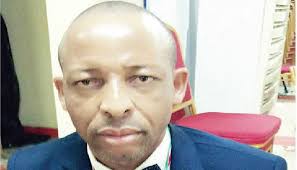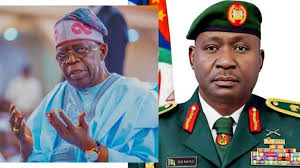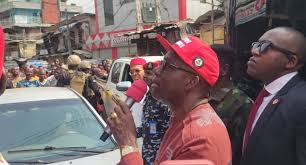
A few weeks ago, former Super Eagles captain Sunday Oliseh reignited controversy surrounding the Nigeria Football Federation (NFF) with a series of damning allegations.
Speaking on the Home Turf podcast, Oliseh accused the federation of withholding $1 million paid by FIFA as a reward for Nigeria’s qualification for the 2002 World Cup. He revealed that there had been an initial agreement to split the funds equally, with half earmarked for members of the squad that secured qualification.
However, according to Oliseh, the NFF dissolved the team and retained the entire amount.
“We qualified for the finals, and they disbanded the team. They made sure we did not get our share.
“The team that went to that World Cup, 80 percent of that team didn’t play in the qualifiers. That means they didn’t get the share of that money,” he said.
This week, renewed scrutiny fell on the NFF’s financial practices after fresh concerns emerged regarding the handling of FIFA and CAF grants. Nigerian football fans launched a widespread campaign on X (formerly Twitter), demanding accountability for millions of dollars received from global and continental football bodies. Their frustration has been amplified by worsening stadium conditions and the absence of any Nigerian referees on the list for the 2025 AFCON.
The debate intensified after FIFA updated its social media headers to feature the $1.19 million Birnin Kebbi Mini Stadium — a project that has drawn heavy criticism for its poor quality despite the significant investment.
While the NFF insists that all funds are project-based, properly allocated, and audited annually, it has yet to publish detailed financial reports. This lack of public disclosure has fueled increasing calls for transparency and structural reforms within Nigerian football governance ahead of AFCON 2025.


